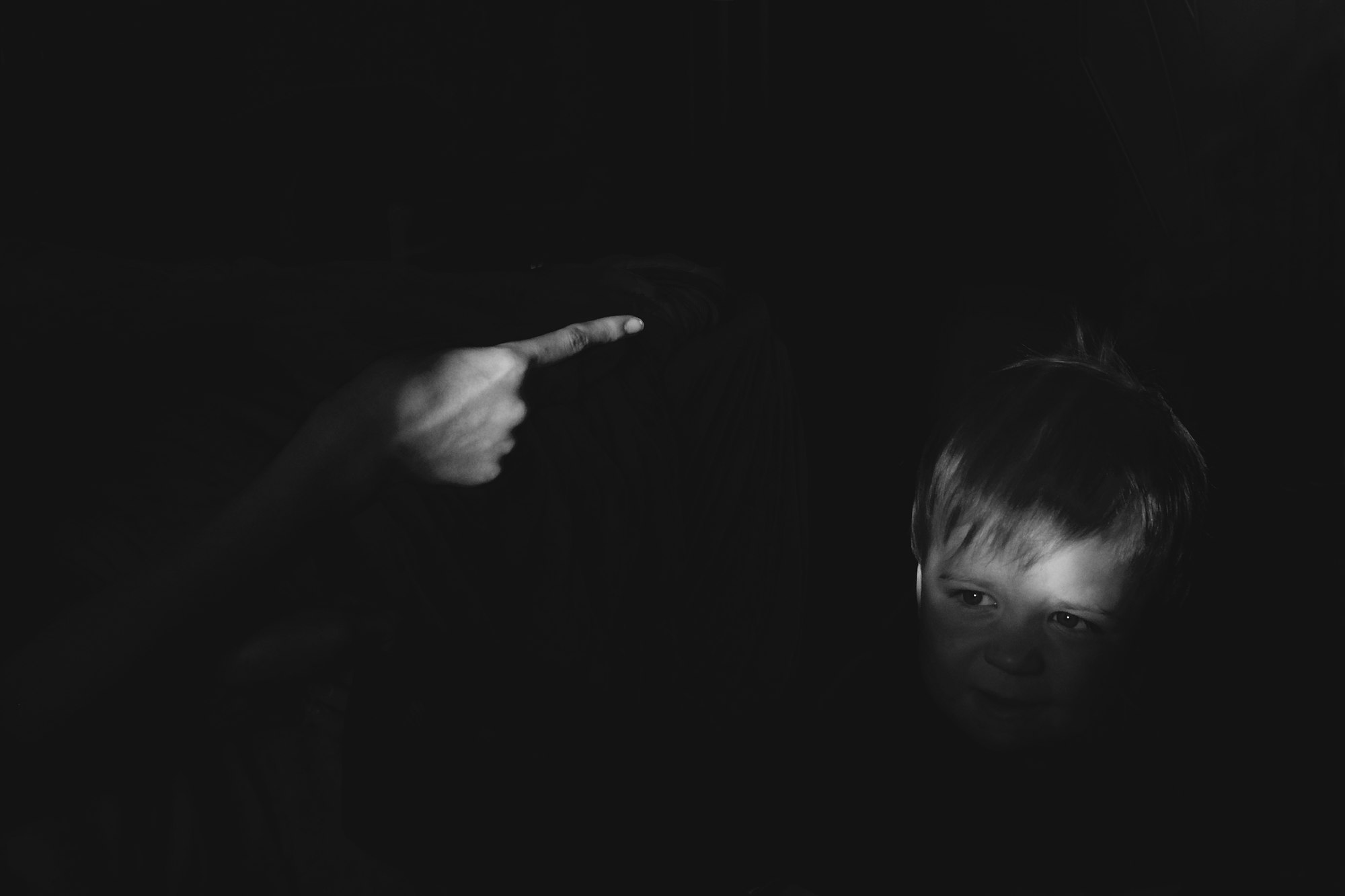Going beyond the thick grey line in child punishment
( TW: Child Abuse)
I don't need to indulge in any hedging for this — punishing children physically so that they will “learn” will never be a part of my parenting playbook. I have been on the receiving end of this myself. I didn't see a point in it as a child, and I tried to defeat it by testing its limits. Thankfully, my parents were reasonable people who (a) could recognise that it wasn't working and (b) loved me enough to see that it's not worth it. I believe many children and their parents go through various permutations of this path.
Still, family time is too precious to be spent experimenting on a well-known truth — physically disciplining a child is ineffective and harmful.
Not all children have reasonable parents — the newspaper recently reported a case where the courts issued personal protection orders against a child's adoptive mother. The mother had beaten the child with a cane several times in response to the child's potty problems, and the father applied for a personal protection order on behalf of the child. The article and the judgement contain fairly detailed audio transcripts of how the abuse happened.
The picture that emerges is rather harrowing. Furthermore, you can see glimpses of hurt among all those involved. There are no heroes in this story.
I always look out for bits like this:
It means that I'm a bad mummy […] I'm a lousy mummy. I'm not doing my job.
it never made sense when my parents hit me, until I realised that it wasn’t “them” that hit me, their own fears and anxieties, inherited from others
— visa is doing final edits ✍🏾📖 (@visakanv) November 29, 2021
A thick grey line
I might be firm in my views, but this area enjoys a wide latitude of views here. Chan Wing Cheong's article “Corporal Punishment of Children by Parents: Is it Discipline or Violence and Abuse?” in 2018 referred to other arguments such as religious reasons, personal experience, and claims that failing to do such a “parental duty” will lead to social chaos.
Some readers may be surprised that the judgment implies that some forms of physical punishment are legal or reasonable. If the parent had caned the child only once instead of 54 times, should that be allowed? If the parent had caned the child “softly” as requested by the child, would that have improved the situation? In obvious circumstances, these questions are easy. In borderline cases, which more children are likely to experience, the answers are arbitrary and capricious.
With little irony, the judgement describes this wide latitude as a “thick grey line”. In truth, corporal punishments of children are used in several settings here. It's interesting to note that in an article “explaining” the policy of the Ministry of Education about caning in schools in 2018, readers will find misdirection to some pointed questions. Caning is clearly frowned upon here, but we have to have it in some situations. The thick grey line is wide as it is foggy.
Singapore has a long way to go, but we should go along with the rest of the world. On this note, it's interesting that Japan and South Korea have already prohibited child corporal punishment in all settings, including the home. Closer to home, Indonesia, the Philippines, Cambodia, Myanmar and China are committed to prohibiting it.
Going beyond the violence
While the images of (unreasonable) corporeal punishment are disturbing, I found it very interesting that the case arose in the context of a personal protection order.
Like many things in life, there are several ways to respond to a situation. If your child is getting beaten up by your spouse, you could counsel them (assuming you find it wrong).
If the situation gets out of your control, filing a police report is another option. Calling child protection services too. The preceding options entail criminal liabilities. If proven, your spouse will be going to jail or fined. A breadwinner or a child might be removed from the family, or the family suffers financially.
The personal protection order is a different beast. It's a civil matter, so you have complete control of the proceedings. As mentioned in the judgment, the outcome of a personal protection order is an order not to commit family violence and may be an order to attend counselling. If you are deft enough to handle it yourself (and many personal protection order applicants certainly do so), the costs are not high.
The result (and this judgement is a good example) is a veritable goldmine for divorce proceedings. The mother doesn't look great for her parenting skills, and without any further information on the family dynamics, the father seems all right. A case for sole care and control of the child is now much stronger.
( NB : There isn't any information on whether there are any ongoing divorce proceedings in this case, and there may be other reasons to choose a personal protection order, including being able to prosecute this on your own.)
So if a spouse claims that there is family violence, it might be worth questioning whether there are any ulterior motives in the claim.
On the other hand, this might be another powerful reason why you shouldn't cane or physically punish your children.
Enjoyed this post? You can read more about law and technology on Love.Law.Robots. and continuing to support my work by subscribing today. I post at least once a week and subscribers get a free members only newsletter. Thank you!
#Singapore #FamilyLaw #Law #PersonalProtectionOrder
Love.Law.Robots. – A blog by Ang Hou Fu
- Discuss... this Post
- If you found this post useful, or like my work, a tip is always appreciated:
- Follow [this blog on the Fediverse]()
- Contact me:

